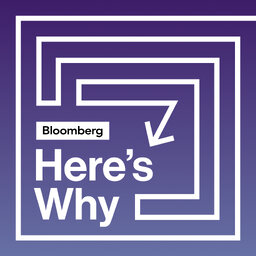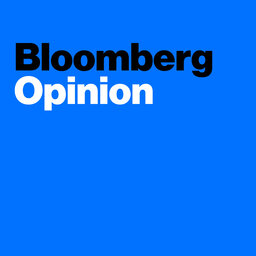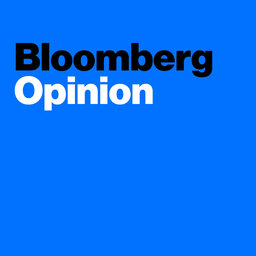The Fed’s Impact on EM and America’s Drinking Problem
How will rate hikes from the Federal Reserve play out in emerging markets? We get the view from Bloomberg Opinion columnist John Authers. Plus, Garfield Reynolds tells us why fighting the Bank of Japan could be a losing bet. And Justin Fox weighs in on the post-pandemic drinking binge that just won't end. Listen to the latest Bloomberg Opinion podcast for fresh takes on these and other stories in the news this week.
In 1 playlist(s)
Bloomberg Opinion
Deeper conversations on the week's most significant developments. Tune in and join in!Social links
Follow podcast
Recent clips

Introducing 'Here's Why' - Complex News Stories Explained
00:30

Airline Mergers and Restaurant Loyalty
35:20

Fossil Fuel Use and Drug Development
35:28
 Bloomberg Opinion
Bloomberg Opinion